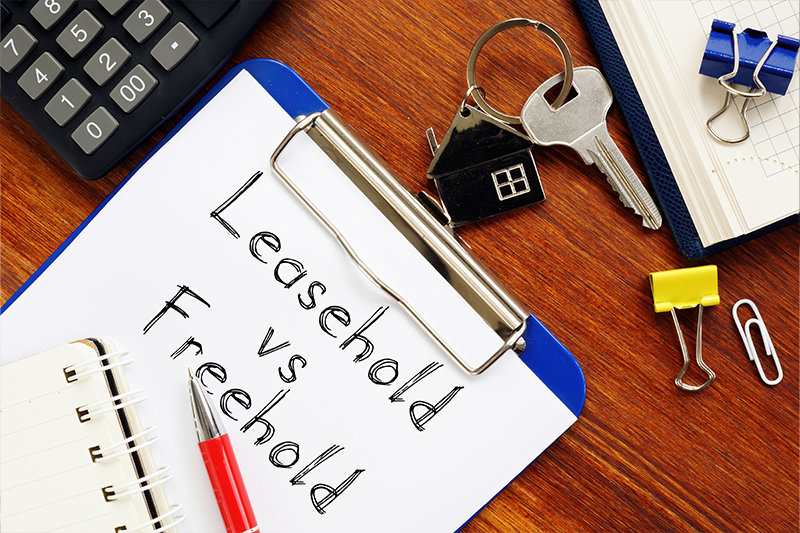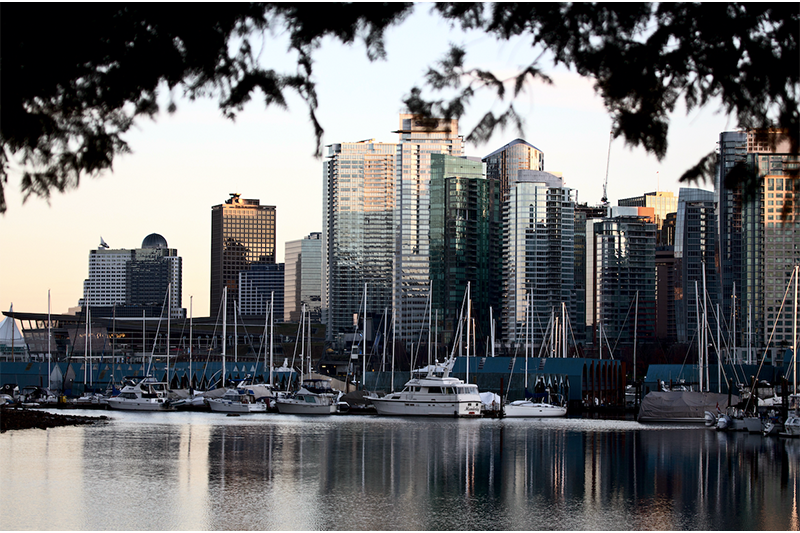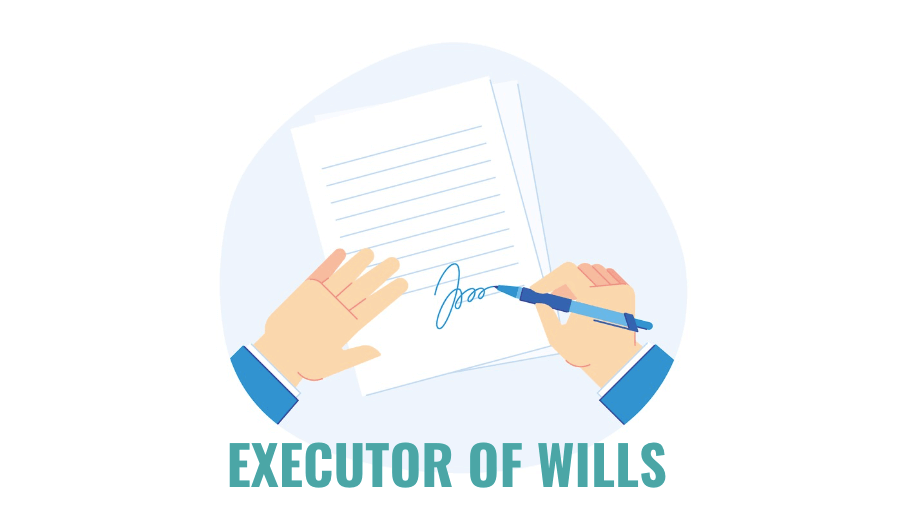This article distinguishes the two main categories of land estates in British Columbia.
It is important that owners understand the nature of the ownership that they are buying before they enter into a contract to purchase the property.
Freehold
A Freehold estate is one in which person(s) own a property in perpetuity or until deciding to transfer or sell their interest in the property.
There are two types of Freehold estates:
1. Estate in Fee Simple
An Estate in Fee Simple (“Fee Simple”) is the largest estate known in law, and the closest a person can get to absolute ownership. This estate provides its holder with the right to exclusive possession and management of the property and is only limited by: superseding Crown (government) rights with respect to expropriation and resource extraction for public works; mineral, fossil and geothermal resource extraction ; tax sale; land use and building regulations; and registered interests in land like easements and covenants.
Interestingly, technological advances and human expansionism have also shed light on other potential limits of Fee Simple estates. Property boundaries are determined with surface lot lines, but cannot be easily drawn and distinguished above and below ground. Yet, that does not mean that a Fee Simple owner can lay claim to a slice of the sky all the way to Heaven or a chunk of earth all the way to its core. Instead, it is understood that airplanes may pass over and subway trains travel below private property. In the same way, there is an understanding that Fee Simple property that abuts a lake doesn’t convey ownership of (a piece of) the lake itself. Therefore, boundaries are finite but expansive to the point of considering what is reasonable and what would cause interference to property ownership and use. So, arguably, boundaries can be seen as both limitations and as demonstrations of the expanse of Fee Simple ownership.
The term “Fee Simple” derives from British law and feudalism, where “fee” referred to inheritance and “simple”” meant that there was no qualification on who could inherit.
(Note: this was a direct contradiction to an Estate in Fee Tail, where property could only be passed down to children and could not be sold or mortgaged. Fee Tail estates no longer exist in BC). Thus, a Fee Simple has potential to be infinite in that it can be held by an owner and either (a) sold/transferred to a new owner or, (b) upon death of the owner, it can pass to a new owner(s) through the deceased’s Will or via WESA intestacy rules. A Fee Simple estate only ends if the owner dies without a Will and with no intestacy beneficiaries, causing it to be transferred to the Crown. (Case and point for the question, Why Have a Will?)
2. Life Estate
Conversely, a Life Estate is an interest in land that is tied to and continues only for the duration of a person’s lifetime. The Life Estate may be “pur sa vie” (given to a person to use during his own lifetime) or “pur autre vie” (given to a person to use for the duration of a different person’s lifetime). When the Life Estate terminates, it either (a) passes to the remainderman, who was named to inherit the property in Fee Simple once the Life Estate ended, or (b) if no person was specified, the property will pass back to the reversioner (the previous owner or, if deceased, his heir(s)). Thus, a Life Estate is registered at the Land Title Office as a “charge” against a Fee Simple Estate.
Life estates are uncommon and are difficult to sell because their duration is uncertain (the person could die at any time).
Leasehold
A Leasehold Estate is one in which the property owner (landlord) conveys the right to use and exclusively occupy a whole or part of a property to a person (tenant) in exchange for consideration (rent). There is always a defined term of the lease, with the landlord always retaining the reversionary interest (ie: the landlord’s possession of the property is merely suspended for the duration of the tenancy term).
Note: A lease is distinguished from a License because a lease conveys a right to exclusive possession of land. Conversely, a License is not an interest in land, but is a contractual right like a right to unexclusively possess or use property (ie: right to rent a hotel room, but understanding that cleaning staff may enter the premises) and that occupancy permission is revocable.
Note: Krische & Co. Notaries provides conveyancing services for Freehold Estates only.







